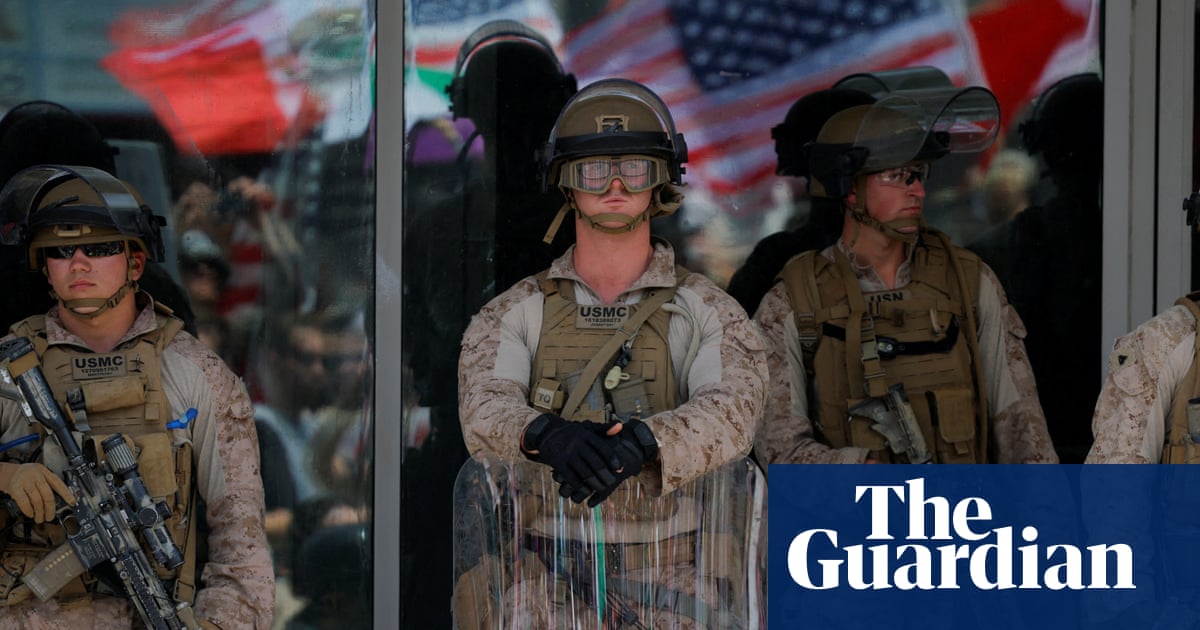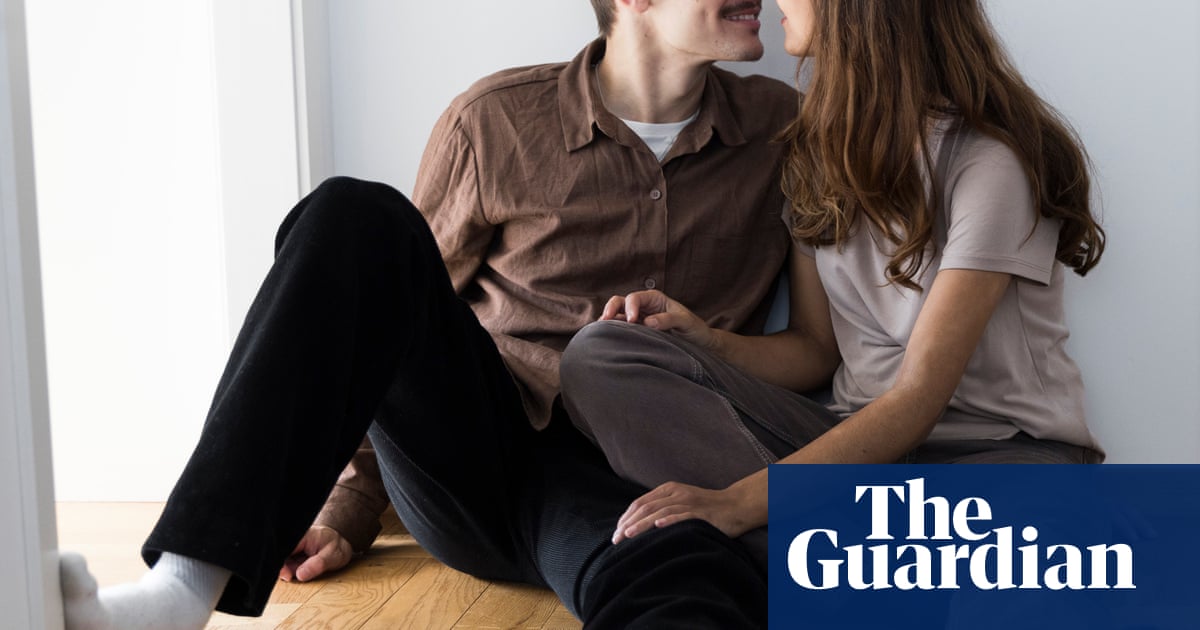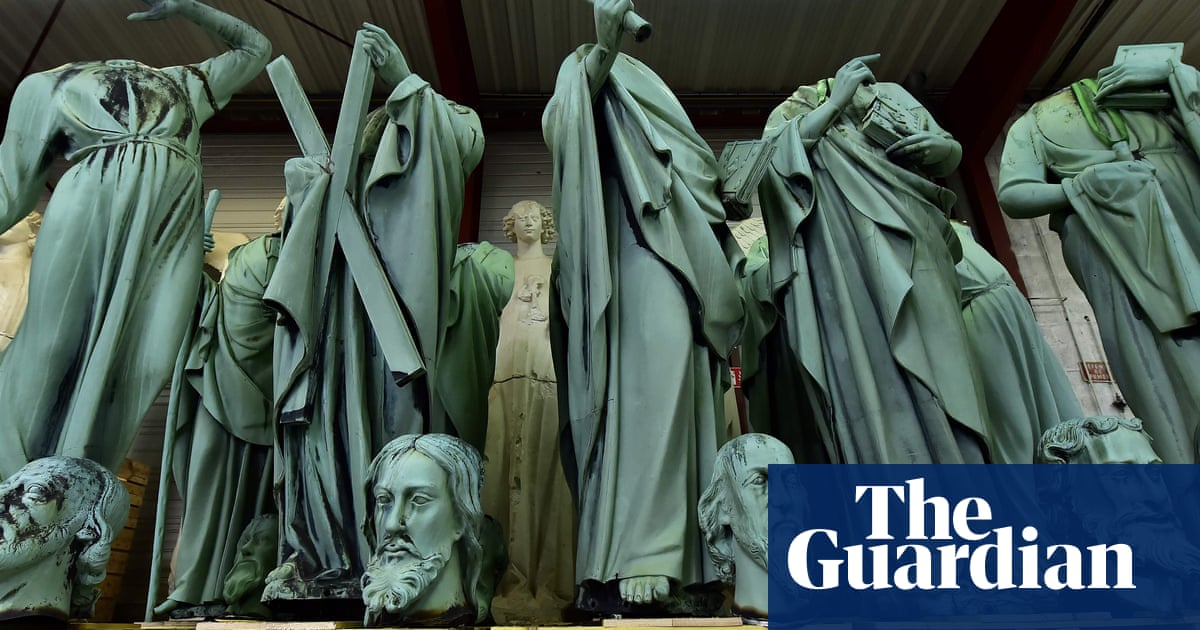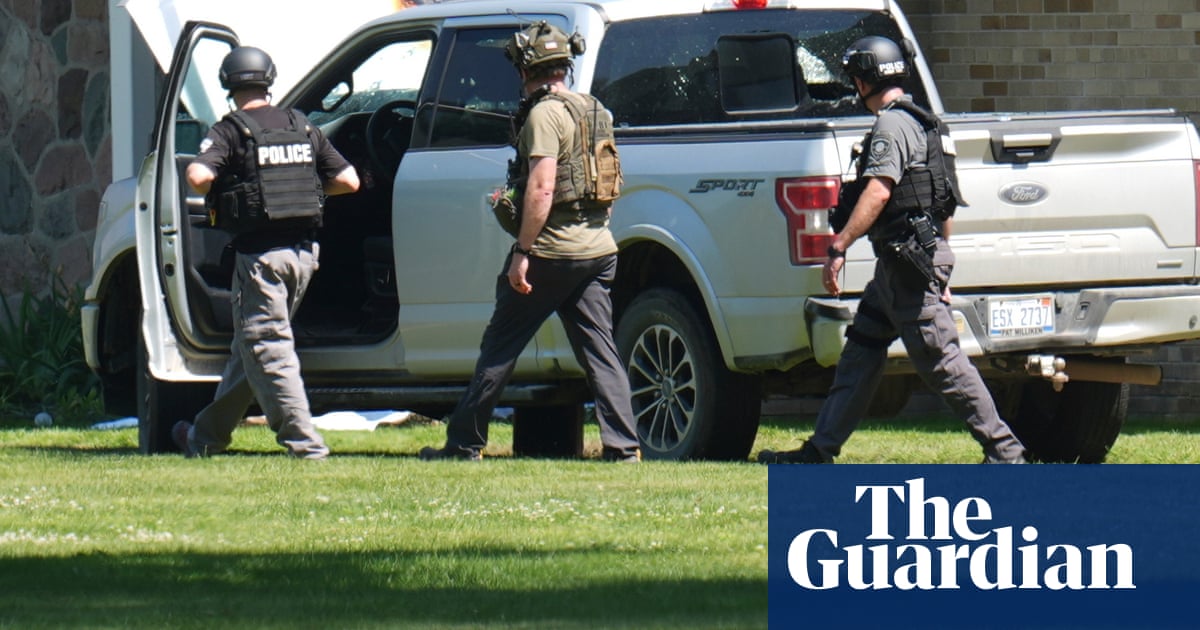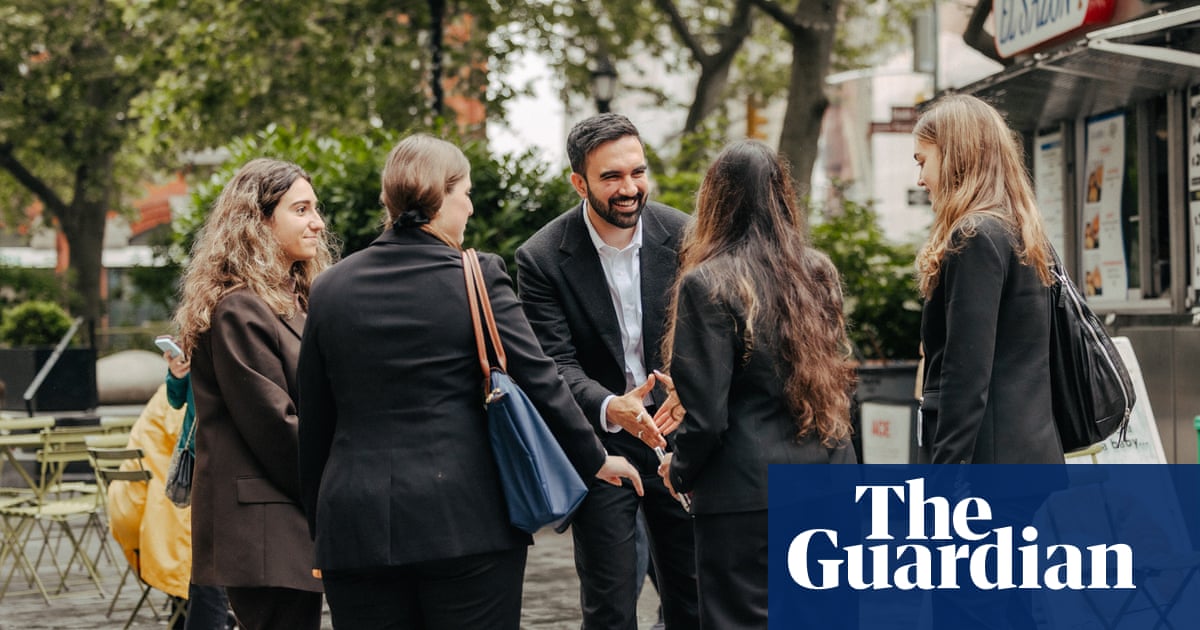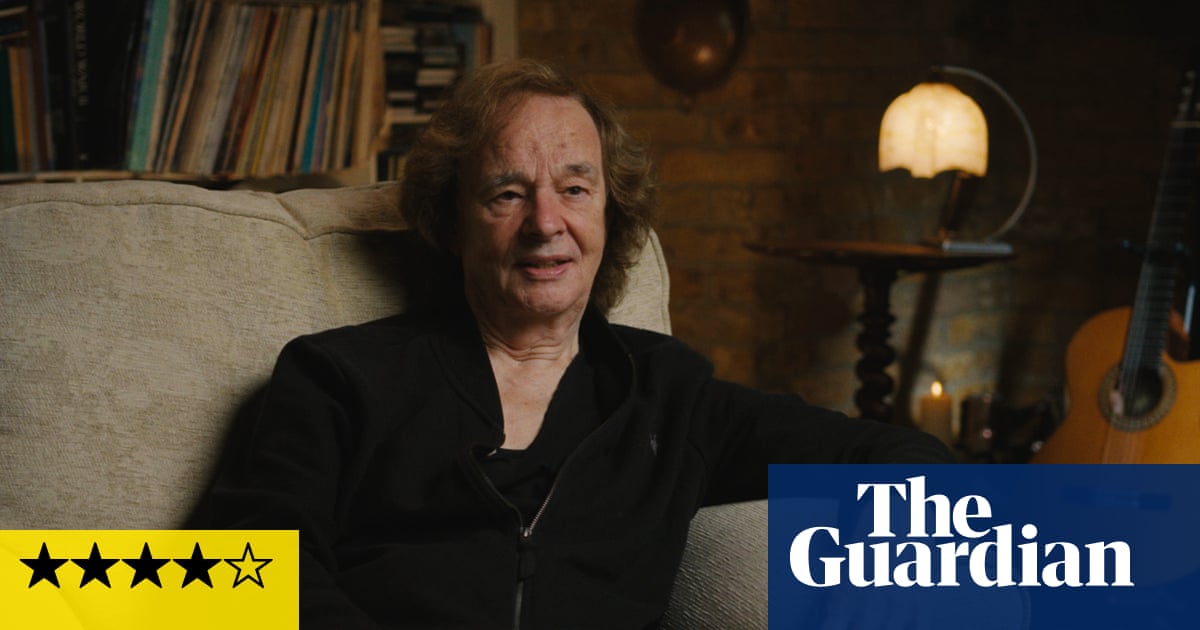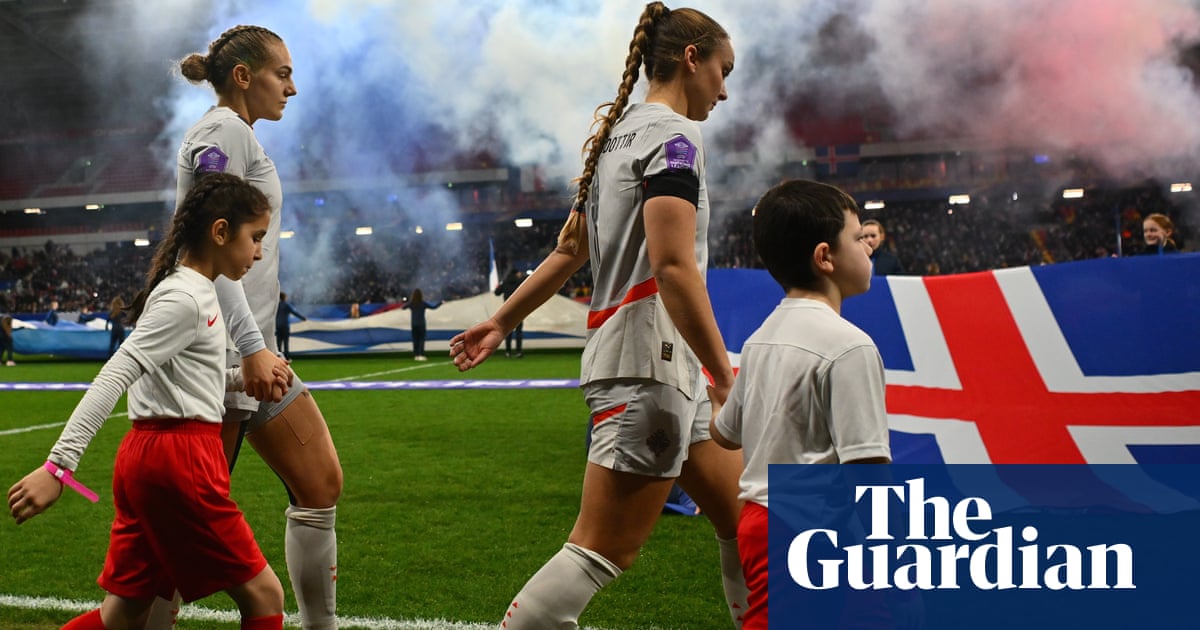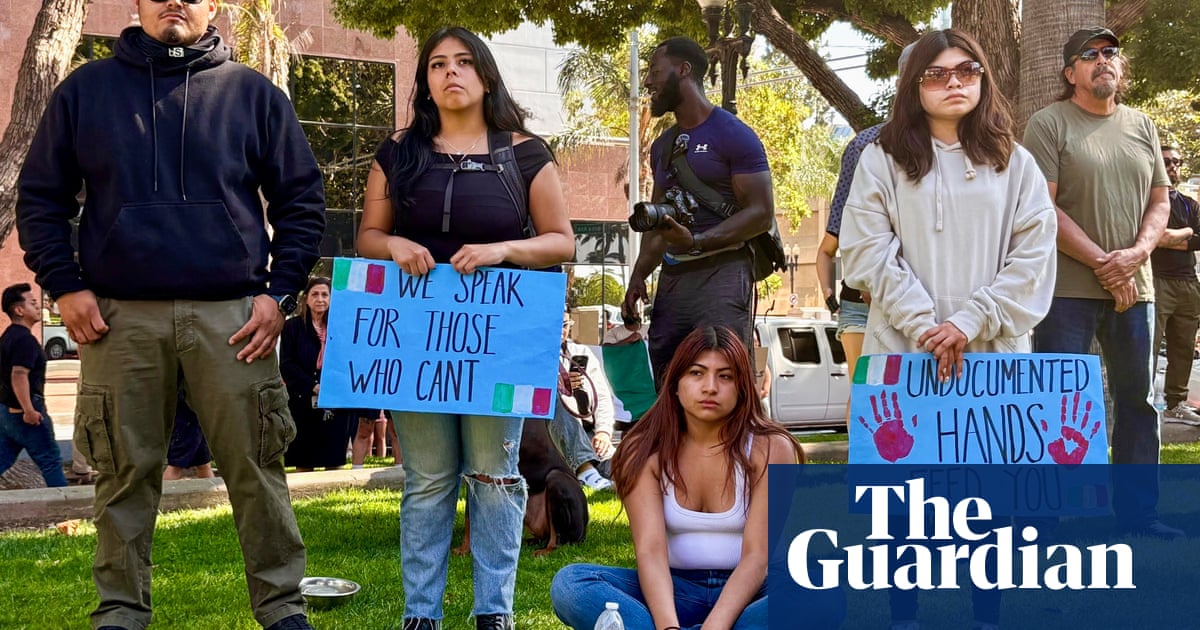The abductors wore masks because they do not want their identities known. On Tuesday evening, Rumeysa Ozturk exited her apartment building and walked on to the street in Somerville, Massachusetts – a city outside Boston – into the fading daylight. Ozturk, a Turkish-born PhD student at Tufts University who studies children’s media and childhood development, was on her way to an iftar dinner with friends, planning to break her Ramadan fast.
In a video taken from a surveillance camera, she wears a pink hijab and a long white puffer coat against the New England cold. The first man, not uniformed but wearing plain clothes, as all the agents are, approaches her as if asking for directions. But he quickly closes in and grabs her by the wrists she has raised defensively toward her face.
She screams as another man appears behind her, pulling a badge out from under his shirt and snatching away her phone. Soon six people are around her in a tight circle; she has no way to escape. They handcuff her and hustle her into an unmarked van. Attorneys for Ozturk did not know where Immigration and Customs Enforcement (Ice), the US homeland security department that has become Trump’s anti-immigrant secret police, had taken the 30-year-old woman for almost 24 hours.
In that time, a judge ordered Ice to keep Ozturk, who is on an F-1 academic visa, in Massachusetts. But eventually, her lawyers learned that their client had been moved, as many Ice hostages are, to a detention camp in southern Louisiana, more than 1,000 miles (1,600km) from where she was abducted.
In the video, before she is forced into the van, Ozturk looks terrified, confused. She may well have thought she was being robbed by street thugs; she did not seem to understand, at first, that she was being kidnapped by the state. She tries to plead with her attackers. “Can I just call the cops?” she asks. “We are the police,” one of the men responds. Ozturk remains imprisoned; she has been charged with no crime. In the video of her arrest, a neighbor can be heard nearby, asking: “Is this a kidnapping?”
The answer is yes. Ozturk is one of a growing number university students who have been targeted, issued arrest warrants, or summarily kidnapped off the streets by Ice agents. She joins the ranks of include Mahmoud Khalil, the Syrian-born Palestinian former graduate student and green card holder from Columbia University; Alireza Doroudi, an Iranian-born mechanical engineering doctoral student at the University of Alabama; Yunseo Chung, a 21-year-old Columbia undergraduate who was born in South Korea but has long been a green card holder after immigrating to the United States with her parents at the age of seven; and Momodou Taal, a dual British and Gambian citizen who is studying for a graduate degree at Cornell University and has gone into hiding after receiving a summons from Ice to turn himself in for deportation proceedings.
Many of these students had some connection – however tenuous – to anti-genocide protests on campuses over the past year and a half. Taal and Khalil, in different capacities, were leaders of protests for Palestinian rights at their respective universities. Chung attended one or two demonstrations at Columbia. Ozturk co-authored an op-ed in the Tufts student newspaper that cited credible allegations that Israel was violating international human rights law in Gaza and called on the university president to take a stronger stance against the genocide. In a statement regarding her arrest, a DHS spokesperson said: “Investigations found Ozturk engaged in activities in support of Hamas.” They meant the op-ed.
The state department claims that some of these students have had their visas or permanent resident status rescinded – in a video of the arrest of Mahmoud Khalil, taken by his pregnant wife, agents proclaim that his student visa has been revoked, but when they are informed that he has a green card, they say: “We’re revoking that too.” This unilateral revocation of green card protections, without notice or due process, is illegal. But that is not the point – the Trump administration clearly thinks of immigrants as a population with no rights that they need respect.
Rather, the point is that Trump administration’s promise to crack down on student protests against Israel’s genocide in Gaza has the effect of articulating a new speech code for immigrants: no one who is not a United States citizen is entitled to the first amendment right to say that Israel is committing a genocide in Gaza, or that the lives of Palestinians are not disposable by virtue of their race.
It is up to those us who do have citizenship to speak the truth that the Trump administration is willing to kidnap people for saying: genocide is wrong, Israel is committing it against Palestinians in Gaza, and Palestinians, like all people, deserve not only the food and medicine that Israel is withholding from them, and not only an end to Israel’s relentless and largely indiscriminate bombing, but they deserve freedom, dignity and self-determination. This has become an unspeakable truth in Trump’s America. Soon, there will be other things we are not allowed to say, either. We owe it to one another to speak these urgent truths plainly, loudly and often – while we still can.
Here is another truth: that the US’s treatment of these immigrants should shame us. It was once a cliche to say that the US was a nation of immigrants, that they represented the best of our country. It is not a cliche anymore. For most of my life as an American, it has been a singular source of pride and gratitude that mine was a country that so many people wanted to come to – that people traveled from all over the world to pursue their talent, their ambition and their hopefulness here, and that this was the place that nurtured and rewarded them.
It may sound vulgar to speak of this lost pride after Ozturk’s kidnapping – all that sentimentality did nothing, after all, to protect her, and may in the end have always been self-serving and false. But as we grapple with what America is becoming – or revealing itself to be – under Donald Trump, I think we can mourn not only the lost delusions of the past but the lost potential of the future.
Ozturk – a student of early childhood education, and someone brave enough to take a great personal risk in standing up for what she thought was right – seems like a person the US would be lucky to have. Instead we are punishing her, terrorizing her, kidnapping her and throwing her away. She deserves better, and so do all of our immigrants – hopeful, struggling people who mistook this for a place where they could thrive. Who, in the future, will continue to think of the US as a place where immigrants can make a difference, can prosper? Who will share their gifts with us now?
-
Moira Donegan is a Guardian US columnist

 2 months ago
46
2 months ago
46
